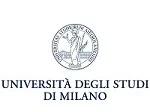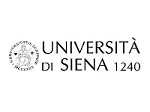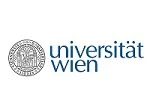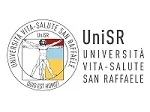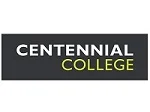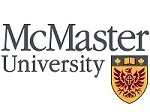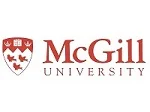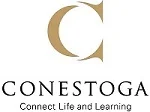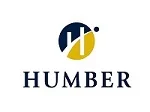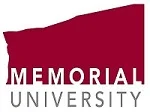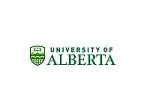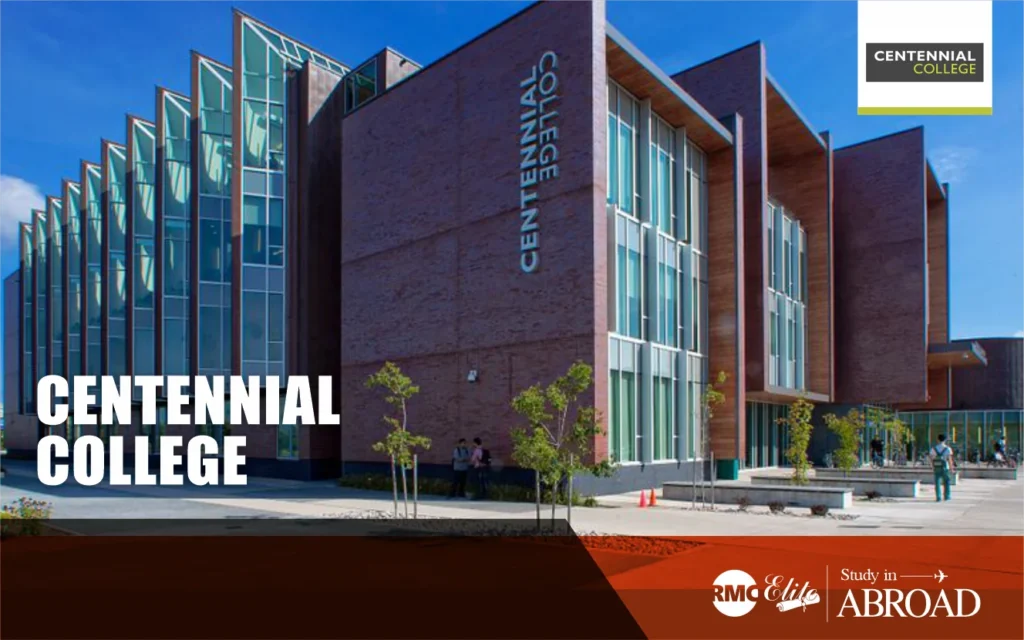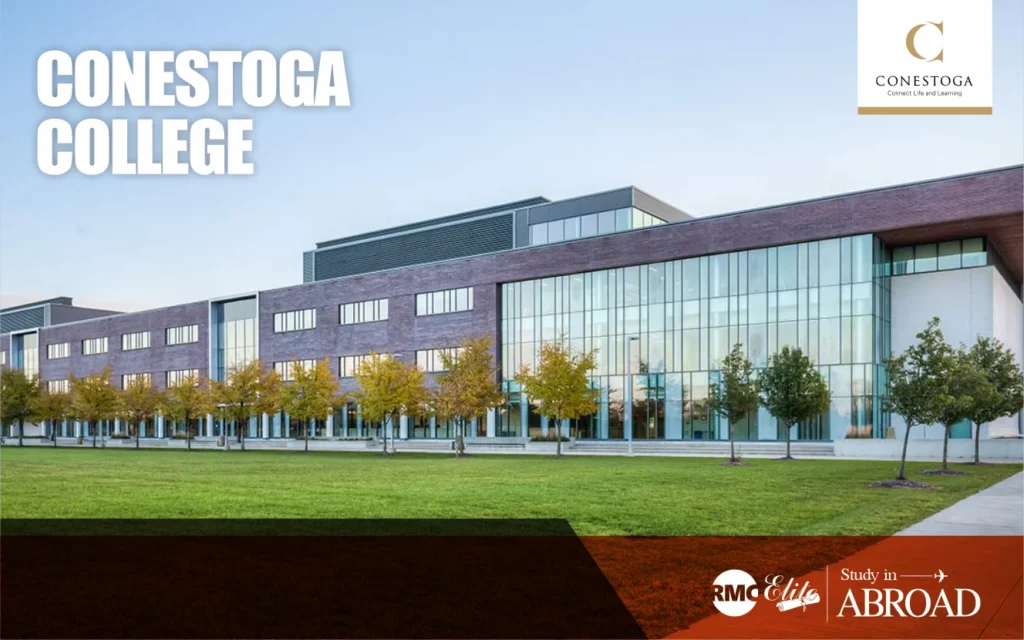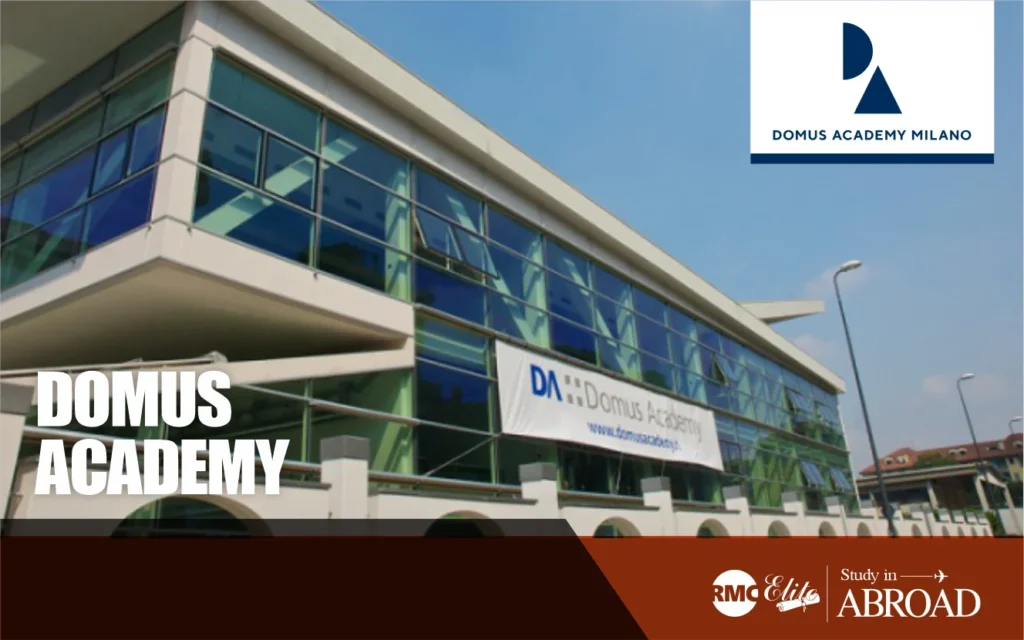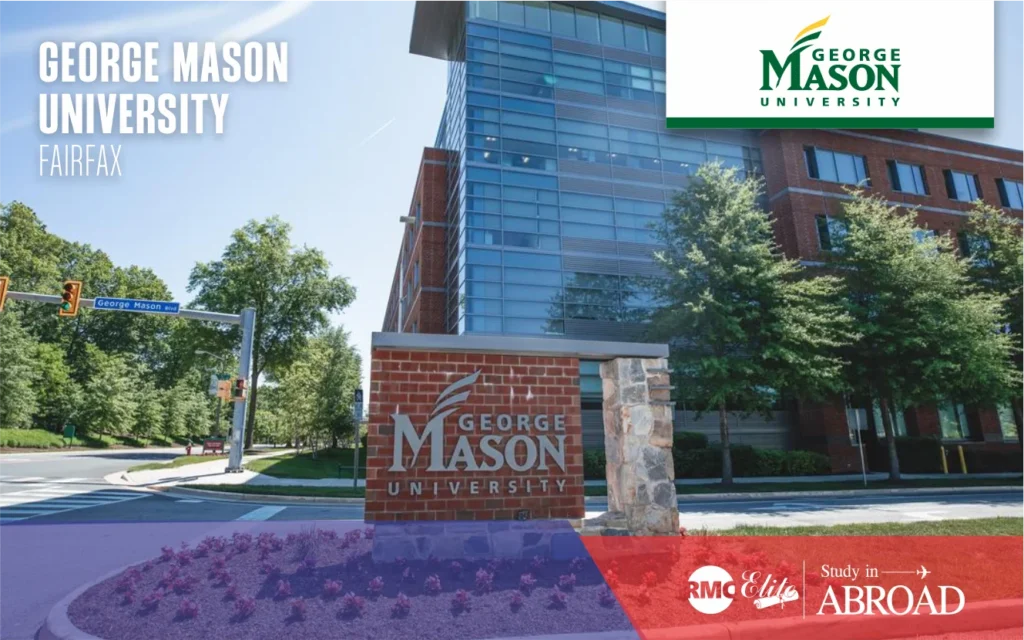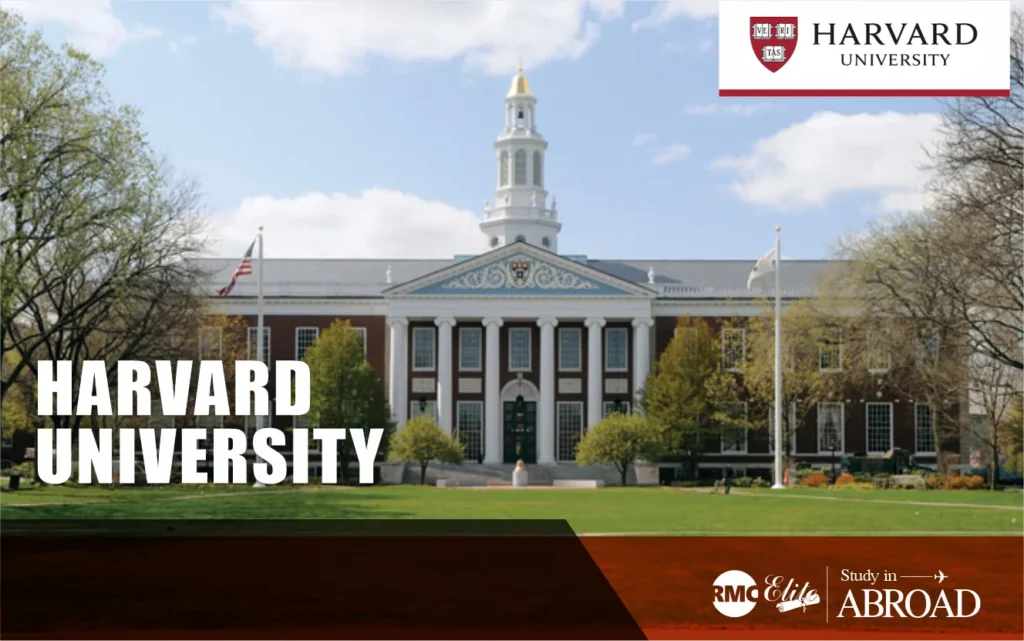
About Harvard University
Harvard University is the oldest and most well-known university in the United States, having been established in 1636. The University’s most well-known landmark is a statue of John Harvard, the College’s first patron, which stands in front of University Hall in Harvard Yard. This Ivy League university has a 375-year history not only in the United States but also around the world. In addition to the Radcliffe Institute for Advanced Study, Harvard has 12 degree-granting colleges. Since its establishment in the mid-1600s, the University has expanded from nine students with a single master’s degree to over 20,000-degree applicants, including undergraduate, graduate, and technical students.
Harvard University is located in Cambridge, Massachusetts, on a 5457-acre campus. Cambridge, one of metropolitan Boston’s most prominent urban centers, is organized around ancient city greens, tree-lined squares, and the sedgy banks of the Charles River. Harvard is situated in the heart of Cambridge, offering direct access to the city’s eclectic mix of shops, restaurants, and entertainment. Cambridge is a member of Boston’s vast public transportation system. You can easily get wherever you want to go with buses, cabs, and a subway stop right in the heart of Harvard Square. The field is just a 12-minute ride from downtown Boston.
Harvard has over 2.79 lakh alumni in the United States and 59,000 alumni in 202 countries. It has over 10,400 academic appointments in affiliated teaching hospitals and over 2,400 world-class faculty members. Harvard has been home to 48 Nobel Laureates, 32 heads of state, and 48 Pulitzer Prize winners as teachers, faculty, or scholars.
Why Study in Harvard College
Harvard College’s mission is to educate people and citizen-leaders for our society. We do so by believing in the transformative potential of a liberal arts and sciences education.
Students embark on a journey of intellectual development that starts in the classroom with exposure to new concepts, new ways of learning, and new ways of knowing. Intellectual change is deepened and conditions for social transformation are generated in a diverse living environment, where students live with people who are learning different subjects, who come from different walks of life, and who have changing identities.
We hope that as a result of this, students can begin to shape their lives by deciding what they want to do with their gifts and abilities, analyzing their beliefs and interests, and exploring how they can better serve the world.
The benchmark for residential liberal arts and sciences education is set by Harvard College. We’ve committed to developing and maintaining the conditions that enable all Harvard College students to embark on an intellectually, socially, and personally transformative educational journey.
When you enroll at Harvard College, you become a part of the country’s oldest higher education institution’s rich past. Harvard has changed drastically since its founding in 1636, but it has still been a refuge for the world’s most ambitious scholars and leaders.
- Econometrics and quantitative economics
- Computer science
- Political science and government
- Social sciences
- International public health/international health
- Applied mathematics
- Statistics
- Experimental psychology
- English language and literature
- Evolutionary biology
- History
- Mathematics
- Psychology
- Cell/Cellular and molecular biology
- Neurobiology and Anatomy
- History and philosophy of science and technology
- History
- Sociology
- Visual and performing arts
- Spanish language and literature
- Physics
- Natural sciences
- African-American/black studies
- Philosophy
- Engineering science
- Developmental biology and embryology
- Environmental studies
- East Asian studies
- Neuroscience
- Music
- Classics and classical languages, literature, and linguistics
- Chinese language and literature
- French language and literature
- Anthropology
- Women’s studies
- Linguistics
- Humanities/humanistic studies
- Mechanical engineering
- Electrical and electronics engineering
- Chemistry
- Ethnic, cultural minority, gender, and group studies
- Art history, criticism, and conservation
- Comparative literature
- Near and middle eastern studies
- Romance languages, literature, and linguistics
- Religion/religious studies
- Planetary astronomy and science
- Education
- Behavioral sciences
- Chemical physics
- Folklore studies
- Bioengineering and biomedical engineering
- Archaeology
- Chemistry
- Italian language and literature
- Film/cinema/video studies
- Fine/studio arts
- Russian language and literature
- Astrophysics
- Slavic languages, literature, and linguistics
- German language and literature
- Germanic languages, literature, and linguistics
- African languages, literature, and linguistics
- Japanese language and literature
- Astronomy and astrophysics
- Russian studies
- Arabic language and literature
- Celtic languages, literature, and linguistics
- Liberal arts and sciences/liberal studies
- Biology/biological sciences
- Microbiological Sciences and immunology
- Medieval and renaissance studies
- Korean language and literature
- South Asian studies
- Caribbean studies
- Swedish language and literature
- Islamic studies
- European history
- Academic Ranking of World Universities by Shanghai Jiao Tong University
2020 – 1
2019 – 1
2018 – 1
- Best Global Universities Rankings by U.S. News & World Report
2021 – 1
2020 – 1
2019 – 1
- World University Rankings by Times Higher Education
2021 – 3
2020 – 7
2019 – 6
- QS World University Rankings by TopUniversitie
2021 – 3
2020 – 3
2019 – 3
The Office of Career Services educates, communicates, and advises students about summer and post-graduation opportunities. Harvard College, Graduate School of Arts and Sciences (GSAS), and Harvard Extension School (HES) students are served by OCS.
Why Choose to Take Admission Through RMC Elite?
RMC Elite is a reputed and renowned educational institution that offers various courses in business management, IT, and engineering.
Reasons to consider taking admission through RMC Elite:
- Quality education: RMC Elite offers high-quality education that is recognized globally. The faculty at RMC Elite are highly experienced and knowledgeable, and they use modern teaching methods to help students learn better.
- Accreditation: RMC Elite is accredited by various accreditation bodies such as ABET, AACSB, and ACBSP. This accreditation ensures that the education provided by the institution meets the highest standards.
- Global network: RMC Elite has a global network of alumni, which can be helpful in building your professional network.
- Career opportunities: RMC Elite has strong connections with various industries and businesses, which can provide students with excellent career opportunities.
- Flexible learning options: RMC Elite offers various learning options, such as full-time, part-time, online, and hybrid programs. This allows students to choose the learning option that best suits their needs and schedule.
- Financial aid: RMC Elite offers various financial aid options, such as scholarships, grants, and loans, to help students finance their education.
In summary, RMC Elite is an excellent choice for anyone looking for quality education, accreditation, global network, career opportunities, flexible learning options, and financial aid.

